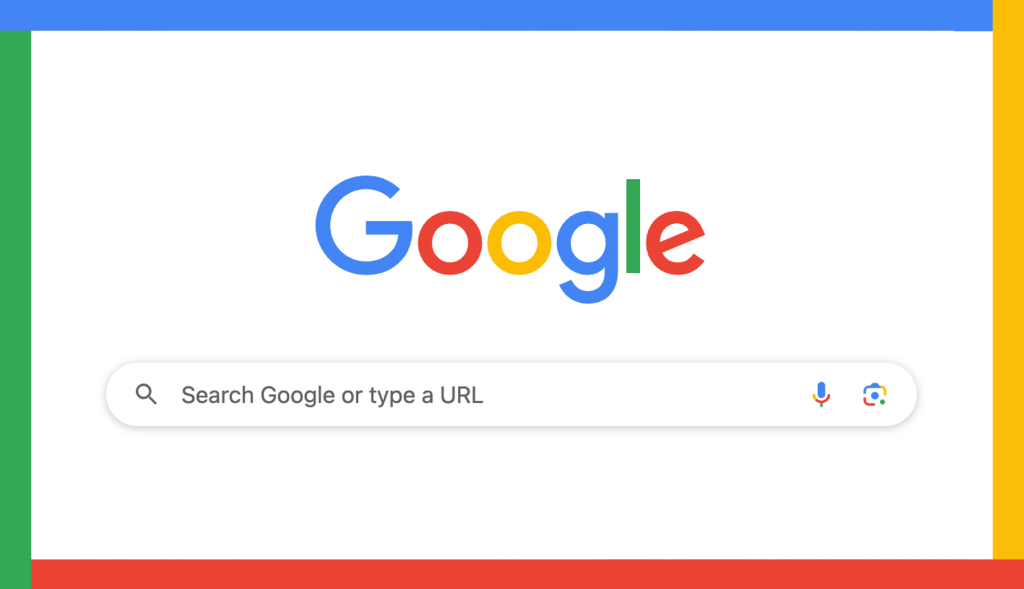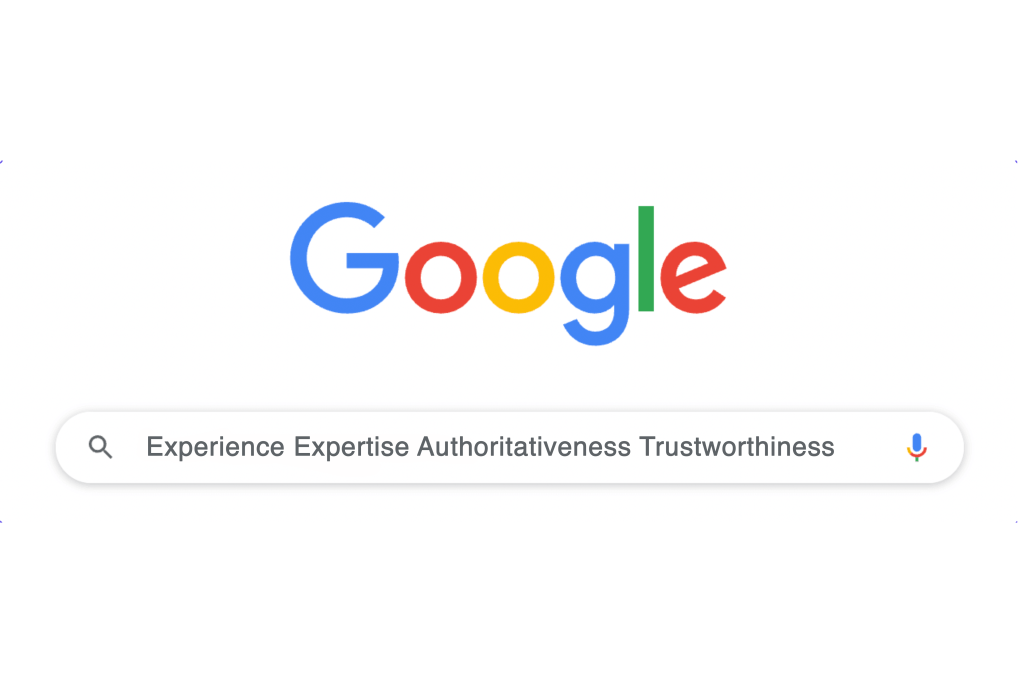UPDATED JULY 11, 2024
I’m an SEO copywriter… with a grudge
Okay, that might sound harsh. I often feel I’m harsh when I talk about SEOs. But then I look at my experiences — and my clients’ experiences — with some of these SEOs and I don’t feel so bad.
Because we’ve had some truly terrible working relationships.
I’ve been downgraded, overruled, stomped on and sidelined by almost every SEO I’ve ever worked with.
And clients have come to me after SEOs have blinded them with science, oversold their services, under-delivered on results and severely ripped them off.
I thought long and hard about writing this post. But, in the end, I felt there were things that needed to be said and nobody else was saying them.
I’m an SEO copywriter with experience
I’ve been an SEO copywriter for the last 15+ years. I first learned SEO copywriting back in the late 2000s, from some of the best local experts in the business. And since then, I’ve been writing SEO copy and content that ranks well on Google and brings in high-quality traffic.
SEO is always evolving, which means the learning never stops. I’m always reading and experimenting to make sure I’m up to date with best practice and delivering results for my clients.
In short, I know my job well and I’ve earned my SEO copywriting stripes.
But many SEOs don’t respect SEO copywriters
Despite my experience and track record, when I’ve worked with SEOs I’ve been treated like a hired help. They’re the lead and I’m the lackey. They’re superior and they call the shots.
And this would be okay if they knew what they were doing.
But most of the SEOs I’ve worked with haven’t had much in the way of SEO copywriting experience. And they haven’t valued the role it plays in an SEO strategy.
We should be working together
These SEOs haven’t had their own copywriters — which is why they’ve needed me. But to have an SEO copywriter on board and not use their expertise seems an incredible waste.
So, in the interests of understanding each other better and forging more fruitful working relationships, I present to you…
What I wish more SEOs knew about SEO copywriting
You can’t guarantee a Google top spot
Nobody can guarantee a Google top spot
Organic SEO takes time and requires consistent effort. And there are no promises when it comes to the results.
I get it. It’s a tough sell. But SEOs who overpromise then, inevitably, under-deliver, harm the whole sector. They give their clients wholly unrealistic expectations and, ultimately, destroy their trust in the process.
The promise of a number one ranking
My client had hired an SEO agency to get their website from position four on the SERP to position one, for one particular keyphrase. And his SEO agency was confident this was achievable — but I knew it wasn’t.
Now how would I, a lowly SEO copywriter, know that?
Easy. Because the three top-ranking websites weren’t businesses.
Google had determined that the majority of people searching for that keyphrase were looking for a university degree course. The top three results were for the university — and that wasn’t likely to change.
Nevertheless, my client was confident of his SEO agency’s ‘capabilities’ and insisted I follow their lead.
Money for less than nothing
The SEOs took my client’s money on the promise of a result that wasn’t feasible.
Predictably, the website has never reached position one. Instead, following the agency’s changes, it plummeted down the rankings, from page one to page four.
Keyphrases have to be usable
Awkward search strings don’t work
An SEO agency had approached me to do some SEO copywriting for their client’s website.
They’d sent me a document with the key phrases they wanted me to use and the number of times they wanted each one to be repeated.
Some were fine. Others were strings of words that didn’t fit together or work in a sentence.
When I brought this up with the agency and suggested alternatives, they shot me down. They said that didn’t matter and I would have to use them as they were. But as someone who cared about the quality of the copy, it mattered to me.
I refused to write copy that wasn’t well-formed or grammatically correct and declined the project.
Search strings don’t always use natural language
When people are searching on Google, they don’t always use proper sentences or perfect grammar. But that doesn’t mean your copywriter shouldn’t.
Both Google and your human audience value natural language that reads well — and that’s infinitely more important than using exact key-phrases.
Keyword density targets are often unworkable
Keyword density is a numbers game
I thought (hoped) keyword density targets died a death before I even started SEO copywriting.
When I did my first SEO course, in the late 2000s, they were never recommended as a tactic. But some SEOs still continue to use them, even now.
Keyword density targets were created by numbers people. But they’re the devil to words and language people, like me, because we understand how impractical they are.
The problem with keyword repetition
If a lucrative keyword doesn’t lend itself to repetition, we have to engineer the copy to include it. We’ve developed some tricks for doing this — but, even so, there are limits to how many times you can use some phrases before they start to sound keyword-stuffed and unnatural.
By contrast, some keywords are easily repeated and the repetition is necessary. Setting a limit for these keywords makes no sense.
Keyword repetition is only part of SEO copywriting
Google tends to see content more holistically these days.
Keyword repetition helps, but it should be used as part of a wider strategy that includes natural language, semantics and complementary keywords.
Keyword research should be quality over quantity
Exhaustive lists of keywords don’t help
I once took on a website copywriting project for a client who was working with an SEO agency. My client told me the agency was taking care of the keyword research, so I wouldn’t need to charge for it.
The research came as an inch-thick stack of printouts. A lengthy spreadsheet featuring thousands upon thousands of unfiltered keywords. A file so big they couldn’t even email it.
My heart sank into my stomach. This was their idea of keyword research?
Holy mackerel!
The list featured alphabetical batches of keywords, which were all variations of each other. Some were getting a lot of monthly searches, others were getting zero. None of them had been checked for relevance or search intent.
I told my client I couldn’t work with the research they’d provided and I’d have to quote them to do my own. The SEO agency said they’d find them another copywriter.
Keyword relevance matters
When you choose keywords, you can’t just assume they’re relevant.
What do I mean by that?
Sometimes I’ll look up a keyphrase that seems promising, only to find it means something I didn’t expect. Or I’ll find the phrase has been adopted by another organisation as a name, slogan, project or initiative.
If the top-ranking results for a keyphrase don’t align with what I need, then that keyphrase isn’t usable and I know I need to look for something else.
Search intent also matters.
What are people expecting to find when they type in a particular search string? Google has a good idea and will display the results that align with its data.
For the best chance of being found, your content should also align with what Google thinks its users want to see.
SEO copywriters are master keyword researchers
If you’re an agency working with an SEO copywriter, you should know that we’re accustomed to doing our own keyword research. It’s something many of us enjoy and do well.
Today’s keyword research is more in-depth than ever and takes into account:
- Keyword relevance
- Search intent
- Semantics
- Competitor websites/content
- Voice of customer research
- Monthly traffic numbers
- Keyword difficulty.
If you insist on doing the keyword research for us, we need the keywords to be filtered and selected with the same care we’d use ourselves. And, ideally, the keywords should be marked as primary, secondary and complementary, so we know how you want us to use them.
Yoast isn’t a benchmark of good SEO copywriting
Yoast is like SEO by numbers
I learned to write SEO copy before Yoast even existed. In fact, I never even had access to it until I switched to WordPress in 2018. So, to me, using Yoast is the equivalent of putting stabilisers on a bicycle when you’ve already learned to ride it. Pointless.
Yoast is a bot
Yoast is a bot that’s been trained to detect and flag what its creators have determined as ‘bad’. The problem is, its judgements are blanket and it can’t determine context, nuance or flow like a human can. Turning all its red lights to green can actually be detrimental. Unless you want the copy to read like AI wrote it — which, presumably, you don’t.
Keywords don’t need to include the location
(Keyword + location) = (awkward + unnatural)
My client, a web design company in Nottingham, had hired an SEO agency to work on their website. They asked me to take direction from the SEOs and make the changes to the copy.
My instruction was to repeat the phrase ‘web design Nottingham’ 10 times on the home page. Not ‘web design in Nottingham’ — which would have made sense as a phrase — just ‘web design Nottingham’.
This was because ‘web design Nottingham’ was an exact search string people were using. But when you use it in a piece of copy, it sounds wrong because it isn’t good grammar.
Some ‘rules’ can be broken
When you learn SEO copywriting for the first time, they teach you to always use the exact key phrase. But, as any experienced SEO copywriter will tell you, this doesn’t apply to keywords and locations.
I put this to the SEO agency, but they insisted they were right and I was wrong. I also told them I thought the 10x repetition was excessive and could be seen as spammy, but, again, I was overruled.
When the agency applied their changes, the website plummeted and has never fully recovered.
The benefit of first-hand SEO copywriting experience
For nine years I was in Google’s top spot for ‘freelance copywriter Leicester’, but that exact phrase was nowhere to be seen on my website — because I knew it didn’t need to be.
You see, I’d optimised for ‘freelance copywriter’ and I’d optimised for ‘Leicester’ — which was all I needed to do.
When people in Leicester searched for freelance copywriter, Google showed them the local results automatically — and my site came up first. And if they searched for ‘freelance copywriter Leicester’, my site still came up first. It was a win-win.
Traffic is nothing without sales
Clients need more than just traffic
A couple of clients came to me after terrible experiences with SEO agencies.
One client’s website was ranking at the top of Google for keywords that were completely irrelevant to his business. He was getting traffic, but his bounce rate was through the roof and he wasn’t making any sales.
The other client’s website was ranking for keywords that made his visitors think he was a local authority department. All his web traffic and phone calls were from people complaining about local issues. This client had worked with no less than four SEO agencies and they’d all gone down the same, wrong, track.
All these agencies seemed to think their sole responsibility was to increase their clients’ website traffic — by any means necessary. And with no regard for the quality of that traffic or the likelihood of it converting into new business.
High-quality traffic is about more than just keywords
To get the right kind of traffic, you need to understand your client’s ideal customers on a deeper level.
SEO copywriters achieve this with extensive competitor, customer, and Voice of Customer (VoC) research. We put the time in to get the right results and help our clients make money.
Content is so much more than Google rankings
Content doesn’t always have to rank
An SEO agency had flagged some of my client’s blog articles as problematic because they weren’t ranking.
But the truth was, it didn’t matter that they weren’t ranking. They weren’t supposed to be ranking.
Sometimes a piece of content is specific to the business that created it. For example, it could be for prospects at a specific part in their customer journey or for existing clients who’ve already converted. And it could be content the business doesn’t want just anyone to find.
Content like this is of no relevance or importance to anyone except the people it was created for. And those people will be signposted to it directly. There’s no value in getting it to rank — and it’s perfectly okay that it doesn’t.
Non-ranking doesn’t mean worthless
An SEO agency was doing an audit of my client’s content and had recommended that non-ranking articles should be deleted.
These were articles my client had invested in. And recklessly deleting them was wasteful.
Maybe the articles weren’t meant to be ranking (see my previous point). Maybe they could have been worked on using data from Search Console. Or maybe they could have been repurposed.
I would have considered any of these options before the bin.
Non-ranking articles can be salvaged
SEO copywriting isn’t an exact science. When we write SEO copy and content, we do our best with the data we have available. But we might not always get the results we were hoping for first time.
If an article is meant to be ranking, but isn’t, there are things you can do to address this. Google Search Console provides usable data you can work with to fix it. And there are effective AI applications that will give useful pointers, too.
A good SEO copywriter will know how to leverage these to get a better result — so we can better it rather than bin it.
SEO copywriters have valuable expertise — so use it
SEO copywriters are not just SEO wannabes. Many of us have spent years learning our craft. We have extensive experience in copywriting, optimising websites and ranking content.
And we could be genuinely useful to you — if only you’d let us.
About the author
I’m Jenny Lucas, a freelance SEO copywriter and content writer based in Leicester, UK.
I learned SEO copywriting back in the late 2000s and have been writing SEO copy and content for more than 15 years. Much of my current experience is first-hand and incredibly valuable.
You can learn more about me on my main website or in my other blog articles.


You might also like…






